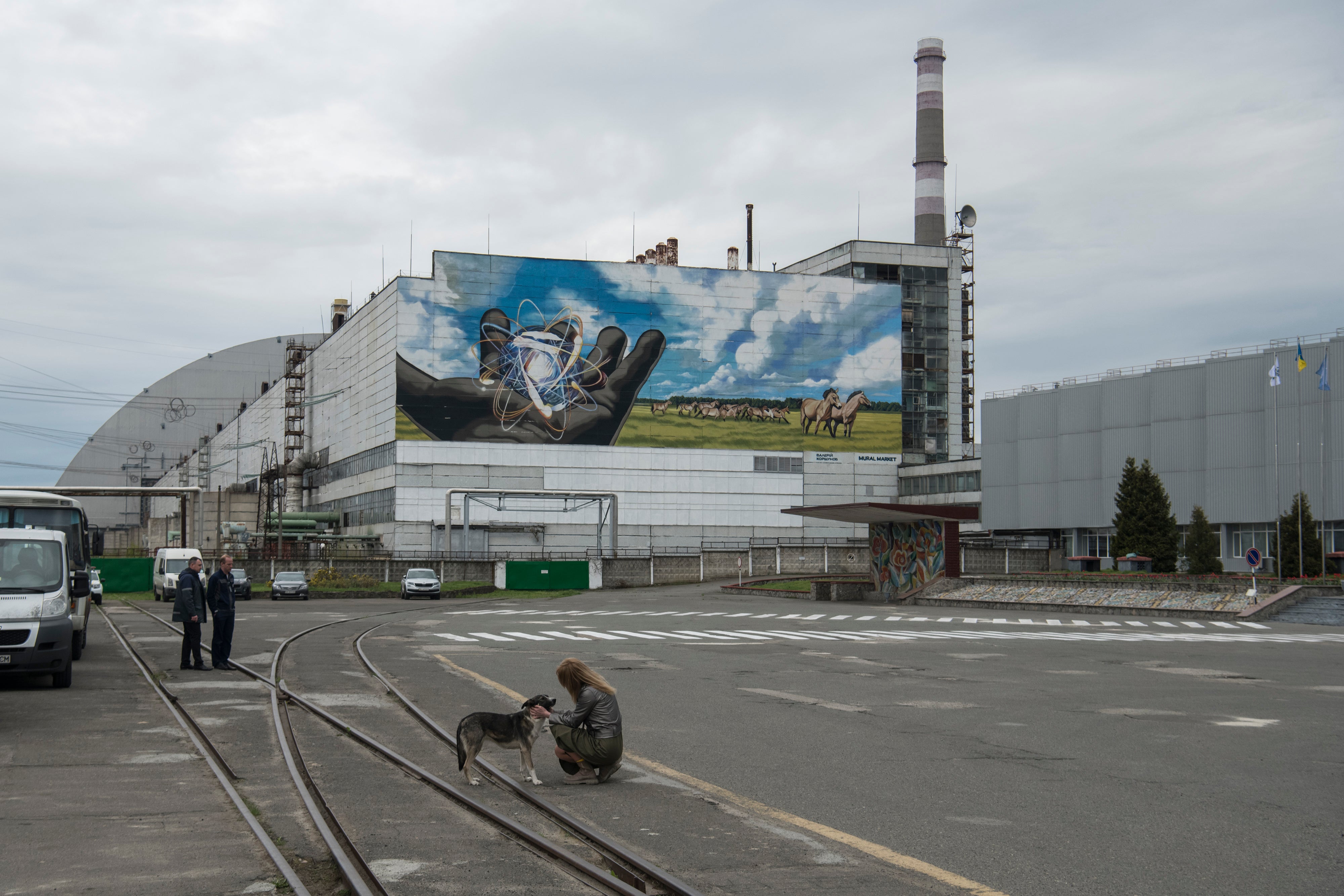Russian forces suffer radiation sickness after digging trenches and fishing in Chernobyl
Russian troops ‘set up camp, fished and dug defensive positions six miles from power plant’
Your support helps us to tell the story
From reproductive rights to climate change to Big Tech, The Independent is on the ground when the story is developing. Whether it's investigating the financials of Elon Musk's pro-Trump PAC or producing our latest documentary, 'The A Word', which shines a light on the American women fighting for reproductive rights, we know how important it is to parse out the facts from the messaging.
At such a critical moment in US history, we need reporters on the ground. Your donation allows us to keep sending journalists to speak to both sides of the story.
The Independent is trusted by Americans across the entire political spectrum. And unlike many other quality news outlets, we choose not to lock Americans out of our reporting and analysis with paywalls. We believe quality journalism should be available to everyone, paid for by those who can afford it.
Your support makes all the difference.Russian troops who dug trenches in Chernobyl forest during their occupation of the area have been struck down with radiation sickness, authorities have confirmed.
Ukrainians living near the nuclear power station that exploded 37 years ago, and choked the surrounding area in radioactive contaminants, warned the Russians when they arrived against setting up camp in the forest.
But the occupiers who, as one resident put it to The Times, “understood the risks” but were “just thick”, installed themselves in the forest, reportedly carved out trenches, fished in the reactor’s cooling channel – flush with catfish – and shot animals, leaving them dead on the roads.
Reactor No 4 at the Chernobyl Nuclear Power Plant exploded on 26 April 1986. It is commonly referred to the world’s worst civil nuclear incident. Scores died as a result and the USSR collapsed less than six years later.
The city of Pripyat and the 30km exclusion zone surrounding it were emptied of their citizens, with the clean-up scheduled to end in 2065.
In the years after the incident, teams of men were sent to dig up the contaminated topsoil and bury it below ground in the Red Forest – named after the colour the trees turned as a result of the catastrophe.

On 24 February 2022, Russian forces crossed into Chernobyl from Belarus, where they remained for five weeks.
“I started yelling at them,” Chernobyl resident Baba Hana, 90, told The Times, recounting a confrontation with the invading forces.
“I tried to give them political information, explaining what was happening in their country... I am a Russian speaker, I asked what they were doing there, who they thought they were liberating.”
Vladimir Putin’s men reportedly set up camp within a six-mile radius of reactor No 4, and dug defensive positions into the poisonous ground below the surface.
On 1 April, as Ukrainian troops mounted counterattacks from Kyiv, the last of the occupiers withdrew, leaving behind piles of rubbish.
Russian soldiers stationed in the forest have since been struck down with radiation sickness, diplomats have confirmed. Symptoms can start within an hour of exposure and can last for several months, often resulting in death.
“Don’t try to find logic, it’s stupid,” said Oksana Pyshna, 30, a tour guide turned employee of the state ministry responsible for the exclusion zone, told the newspaper.




Join our commenting forum
Join thought-provoking conversations, follow other Independent readers and see their replies
Comments